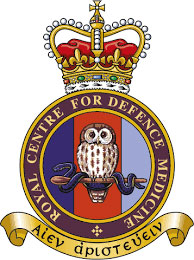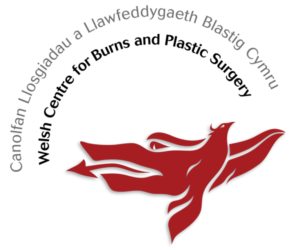University Hospitals Birmingham
University Hospitals Birmingham NHS Foundation Trust (UHBFT) is the supra-regional centre for adult burn care serving approximately a 13.7 million population receiving 400 admissions per year in the Midlands region. The burns centre at the Queen Elizabeth Hospital (QEHB) comprises 15 beds including 7 heated shock rooms and 4 isolation rooms and has 2 specialist dedicated rooms embedded within the state of art Intensive Care Unit (100-bedded, one of the largest in Europe). The type of burns treated range from small percentage burns requiring surgical intervention to severe burns and inhalation injuries which require complex burns management from a specialist multidisciplinary team (including consultants, occupational therapists, physiotherapists, dieticians, speech and language therapists and psychologists). Housed within QEHB are the University of Birmingham (UoB) translational research laboratories which focus on inflammatory conditions including burn and non-burn trauma.






